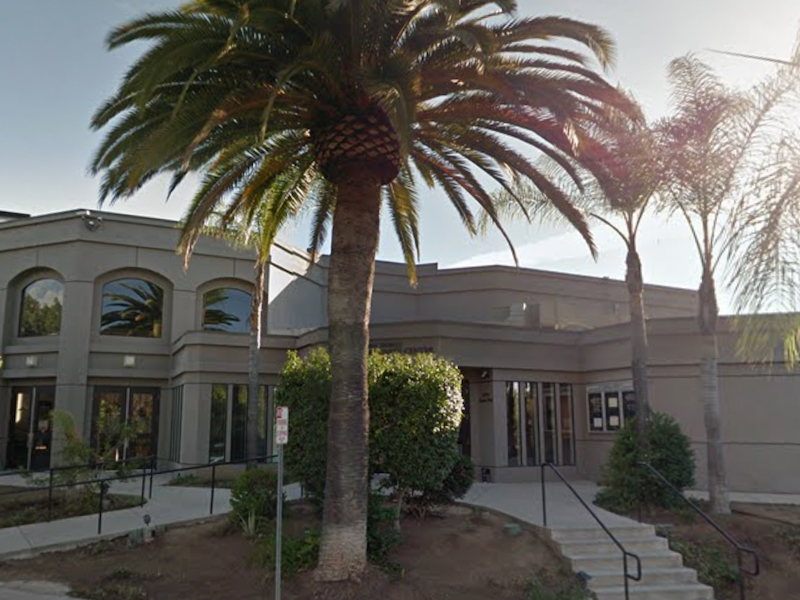As we read last month at the Passover seder, every generation is taught to be vigilant, in order to recognize when an adversary is “rising up against us.” As we will read next month during Shavuot, every generation is also taught the deeply humanitarian values that are the foundation of our system of law.
The challenge is to keep these two concepts in equilibrium. When we incline too far toward one of these teachings, while ignoring the other, we can fall out of balance in fulfilling our mission – to be a light unto the world.
But these days, it is not hard to understand why so many of us tend to interpret world events more emphatically through the Pesach warning. More and more individuals in North America and Europe are crawling out from underneath the rocks with their dark, irrational resentments toward Jews. Police records in most Western countries show that the most widespread hatred is the one directed at us.
In addition, as most honest observers will admit, in today’s world, anti-Zionist attitudes increasingly slide into, and encompass, anti-Jewish beliefs. Anti-Israelism and anti-Judaism are now the meeting point where the malevolence of the extreme right joins hands with the extreme left.
There was painful proof of this last month, with the horrific shootings at the Chabad synagogue in Poway, Calif., on the last day of Passover by a far-right extremist, and the political cartoon published by the international edition of the venerable, proudly liberal New York Times. The cartoon was a caricature right out of the vile pages of the worst mid-1930s Nazi propaganda. It depicted the Israeli prime minister as a dachshund wearing a Jewish star collar and leading a blind, oafish president of the United States, who is wearing a kippah.
READ: BRET STEPHENS: U.S. JEWS ARE NOT SINGLE-ISSUE VOTERS
The most eloquent among the many denunciations of the cartoon and the newspaper was written by Times columnist Bret Stephens. He described it as “despicable.” And it was. It sent a shudder of disgust through Jews around the world. That the self-styled advocate for mutual respect and human dignity should have so egregiously violated its own purported purpose was the real shock to us. Never was the New York Times more fraudulent than when it published that cartoon.
Stephens insightfully defined the full scope of the sickness symptomized by the cartoon: “The problem with the cartoon isn’t that its publication was a willful act of anti-Semitism. It wasn’t. The problem is that its publication was an astonishing act of ignorance of anti-Semitism.”
Stephens asked, “How have even the most blatant expressions of anti-Semitism become almost undetectable to editors who think it’s part of their job to stand up to bigotry?”
He then provides the stark, worrisome answer: “The reason is the almost torrential criticism of Israel and the mainstreaming of anti-Zionism, including by this paper, which has become so common that people have been desensitized to its inherent bigotry.… Anti-Zionism is all but indistinguishable from anti-Semitism in practice and often in intent, however much progressives try to deny this.”
The most painful aspect of Stephens’ analysis is knowing that many of the progressives who are denying the inherent bigotry of their anti-Zionism are young Jewish idealists. They embrace a simplistic, non-factual, skewed view of Israel’s dispute with the Palestinians that sees Israel as a “white” colonialist villain oppressing the Palestinians “of colour.”
The challenge to our generation – parents and grandparents – is how to teach, or re-teach, our children, to enable them to resist the misconceptions of sincere anti-Israel progressives, as well as the lies and calumnies that are the routine fare of anti-Israel haters posing as progressives.
We must constantly speak the truth. Israel is not “a colonial project with no relationship to Judaism,” as Palestinian President Mahmoud Abbas told his followers last month. Time and again, the Jews of Israel have sought compromise with their Arab neighbours. Those neighbours, alas, have rejected every single attempt at co-existence.
As we celebrate the 71st anniversary of modern Israel’s independence this week, let us recommit to this challenge.
